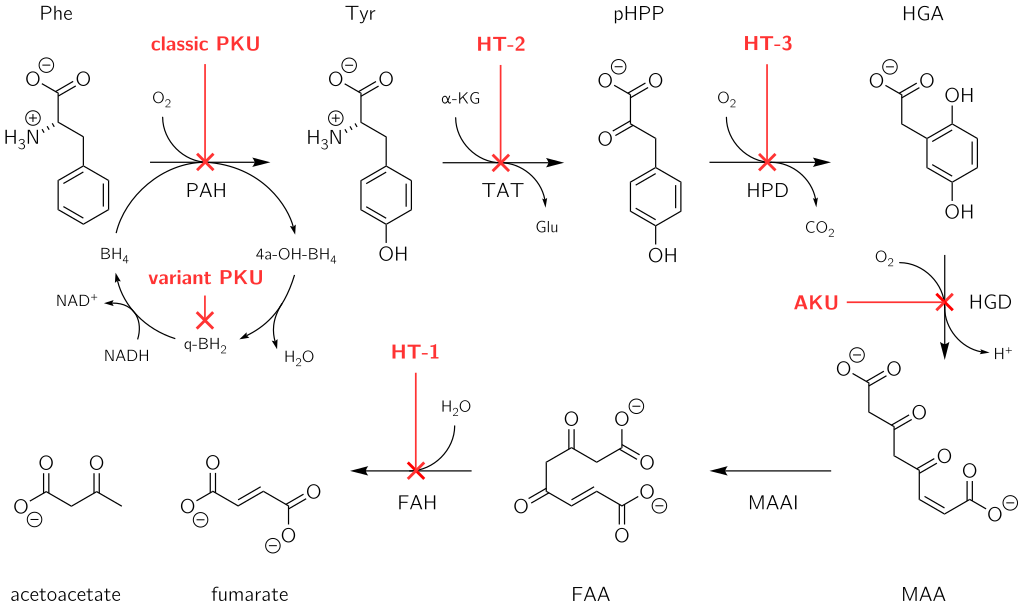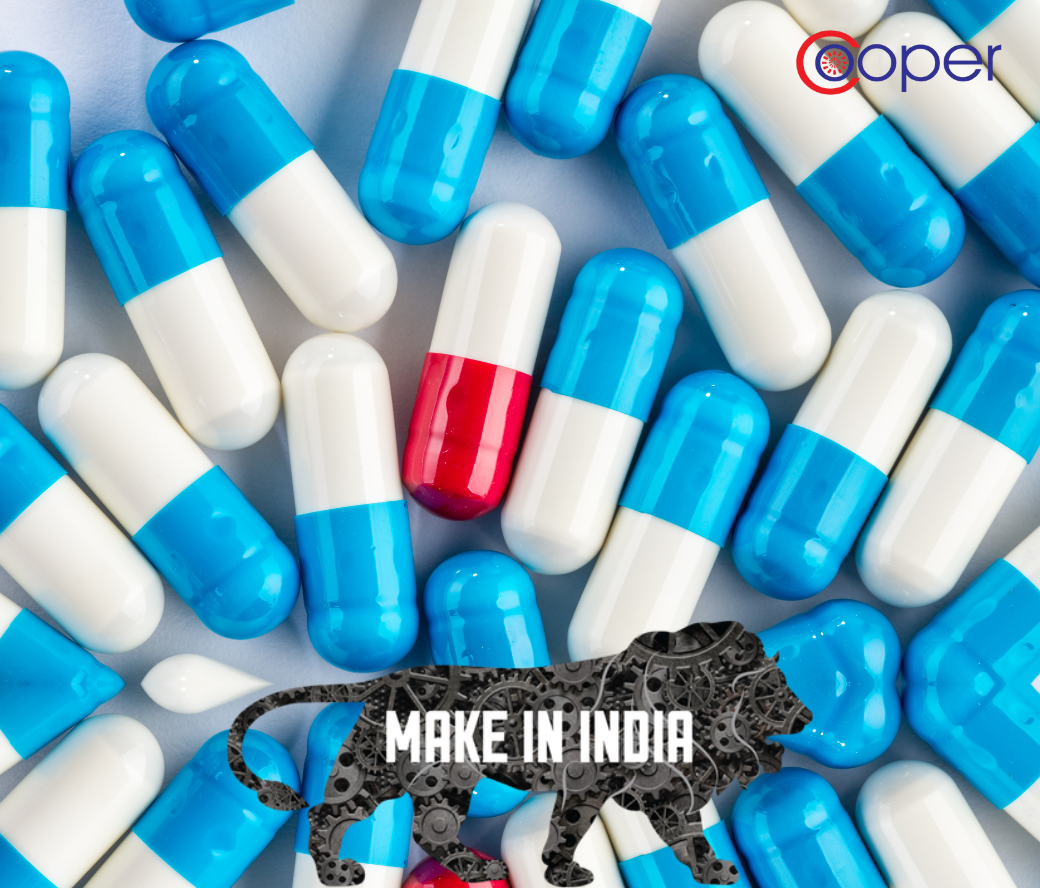Why Pharmaceutical Contract Manufacturing in India is growing?
Recent Blog

Why Pharmaceutical Contract Manufacturing in India is growing?
Date:- 2018-08-23 00:00:00
India has already made its presence in the field of contract manufacturing in pharmaceutical industry. Contract manufacturing is one of the fastest growing segments in the pharmaceutical industry due to the international standard quality at low cost. Contract manufacturing makes an innovative technology which might address the changing trends. It is highly dynamic and brings a major transition, where it’s facing many challenges and at the same time finding ways to drive growth. The contract manufacturing space in India is expected to gain grounds in the near future and expected to grow by 17-18 per cent on a compound annual growth rate as efficiency in manufacturing.
Manufacturing of drugs and medicines have become the point of active debate owing to their very nature that attract stringent regulations from policymakers and close scrutiny from industry watchdogs. The industry regulators world-wide such as the USFDA, MHRA-UK, TGA-Australia, MCCSouth Africa have been consistently tightening the legal and ethical norms for end-to-end operations in the manufacture of drugs, patents, clinical trials and research in this field. Consequently, MNCs in this industry which is essentially knowledge-based and knowhow driven, have found it more advantageous to move out of their parent countries. Complete operations or part of it such as R&D or manufacturing were shifted out to low-cost destinations, such as India, in order to remain profitable. These host countries had significant positives.
Contract manufacturing is increasingly seen as a strategic option by Pharma players to increase their global market footprint for many reasons. The key drivers among others for rise in Pharma contract manufacturing are:
1. Reduce profit margins in Pharma market
2. Growing demand for generic drugs; patent expiration of major therapeutic brands
3. Demand for up-to-date processes
4. Need for high-quality R & D facilities and cost-effective production technologies that meet global regulatory
5. Government initiatives in the healthcare sector
6. Innovation in biologics and high potency API
7. Rate of growth of diabetes, cancer, cardiovascular diseases and psychological illnesses.
This might target the untapped markets for pre-clinical and early drug discovery studies that give the needed impetus to the utilized facilities of contract research segment. Multi-project relationship is always being served to forge long term relationship with old customers. The outsourcing of contract manufacturing is associated with its two sides like pros and cons means there are both benefits and risks associated with it. The possible risks that might increase due to poor performance with direct economic ones such as unprincipled decisions and expensive renegotiations and other factors like as quality risk arising out of the aging manufacturing facility. The outsourcing (shared services) can be an efficient sourcing and effective to control business leading to optimize in pharma business and also in other segments.. It is vital for the pharma companies to review the business model at various levels such as the scope of service offerings, extent of process standardization, relevance of Sales Level Agreements (SLAs) and reasonable pricing mechanism. The shared services for the pharmaceutical industry has been well explored for contract manufacturing (third party manufactures) in areas like R &D, sales and marketing through Contract Sales Organizations need to be further explored.
For the basic manufacture of medical products and drugs, India has a far superior edge over other nations due to resources including manpower, technically knowledgeable work force, and WHO-GMP approved production premises. A substantial 40% lower cost of operation and production is clearly the highlight for multinationals to consider India for their outsourcing needs. With the advent of multinational pharmaceutical organizations, and their rapidly growing presence in the country, the concept of contract manufacturing has steadily evolved and quickly adapted, so as to encompass services such as basic manufacturing of medicinal products, formulation development, stability studies, and various stages of clinical trials. This step is an incentive for many pharmaceutical organisations to focus on India, as the cost savings could be enormous.
Also it is estimated that patented drugs worth US$ 85 bn in potential annual sales in the USA would be off patent during the period 2014-2020. Price competitiveness and manufacture of these generic drugs in the most cost efficient manner would be the key drivers boosting the prospects of the Indian players as India is known to have the world's best known low-cost manufacturing centers, with the highest number of U.S. Food and Drug Administration (USFDA) approved manufacturing plants outside the US. Products which are even brand leaders in its segments are also outsourced to many Indian companies and yet could retain its market share.
The rising cost of manufacturing and some of the ageing plants of Europe reaching their life cycle conclusion may open up enormous opportunities to India's companies in contract manufacturing as European companies are also considering to either relocate those units in cost efficient centres like India or to outsource to India manufacturers.
Beside, last five years or even more the innovative products introduced do not command vary large market value and are not block busters as they used to be earlier. Research Pipeline though now getting moderately filled may have only moderate advantage over the existing products. Hence MNCs are now adopting the strategy of marketing the brand even after the product goes off patent by slashing down their brand's price to the level of generics. Hence to get the maximum mileage of their brands they are looking to outsource their manufacturing to more cost efficient, centres, like India and yet retain their quality and brand image. This is a newer opportunity of contract manufacturing opening up.
This trend is on the rise in the domestic market and India is making an appropriate move by inviting Japan's pharma industry to locate their units in India either wholly owned or in joint partnership with India companies with keen interest. Our idea is to promote Indian generics in the international markets.



















.png)


